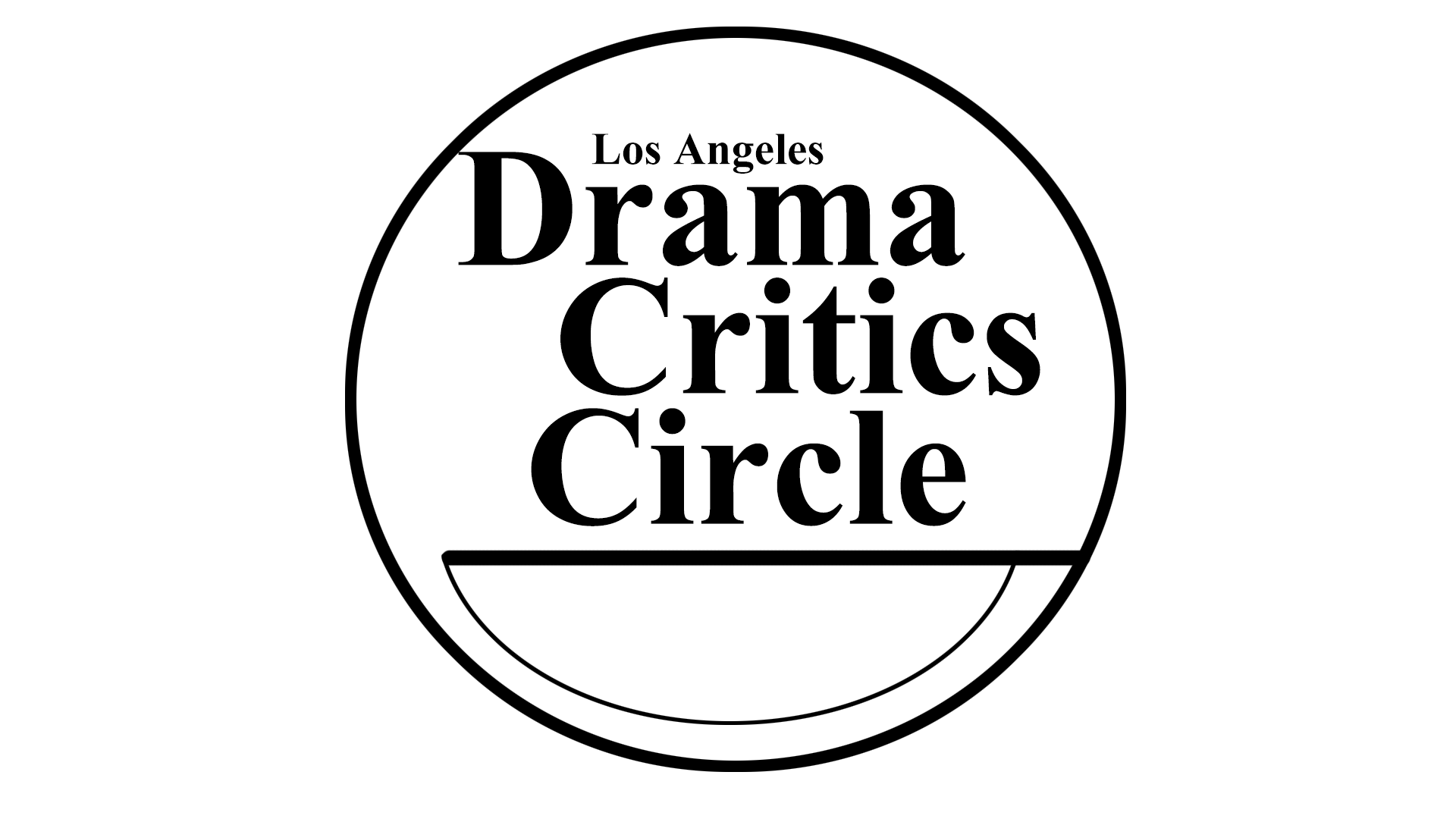
By the Way, Meet Vera Stark by Lynn Nottage.
Terry Morgan – LAist.com
Lynn Nottage’s play, By the Way, Meet Vera Stark, is more intriguing as a concept than a reality. It looks at the marginalization of African-American actors in the twentieth century, an undeniably interesting subject, but then stumbles in multiple ways. The fault, unfortunately, is in the writing, and the strong cast in the new production at the Geffen Playhouse isn’t able to overcome this problem. Read more…
David C. Nichols – Backstage
In By the Way, Meet Vera Stark, playwright Lynn Nottage, a 2009 Pulitzer Prize winner for Ruined, again turns her incisive eye on the objectification of African-American women. The West Coast premiere of her 2011 satire of racial identity in the Hollywood studio system is an often enjoyable fusion of wry comedy and gritty comment, at least until polemic overtakes the proceedings. Read more…
Pauline Adamek – ArtsBeatLA
Lynn Nottage’s play By The Way, Meet Vera Stark is light years apart from her recently staged play (also at the Geffen) entitled Ruined, which was a potent portrayal of unspeakable tragedy in war-torn Congo. Yet the main focus of this play is once again the plight of black women, to which Nottage gives thoughtful examination coupled with wry commentary. Ostensibly a comedy, this time her primary setting is the Hollywood studio system during the 1930s. We gain an unusual insight into the close friendship between two actors. One – Gloria (Amanda Detmer) – is white, privileged and desperate for the lead role in an upcoming Southern saga. The other – Vera (Sanaa Lathan) – is black and also desperate for a good movie role – any role. Unfortunately for a ‘colored girl,’ the only screen roles available are menial ones such as maids and mammies. Read more…
Melinda Schupmann – ArtsInLA.com
Early in Hollywood’s heyday, directors discovered that caricatured black actors played well in films, especially comedies, and the actors, desperate for work, acquiesced. Male stereotypes were born: wide-eyed, lazy, superstitious, subservient characters who kowtowed to their superiors (read that white). Among the actors were Willie Best, Mantan Moreland, and Stepin Fetchit, the most highly paid stock actors in the genre. Read more…

